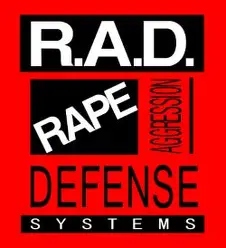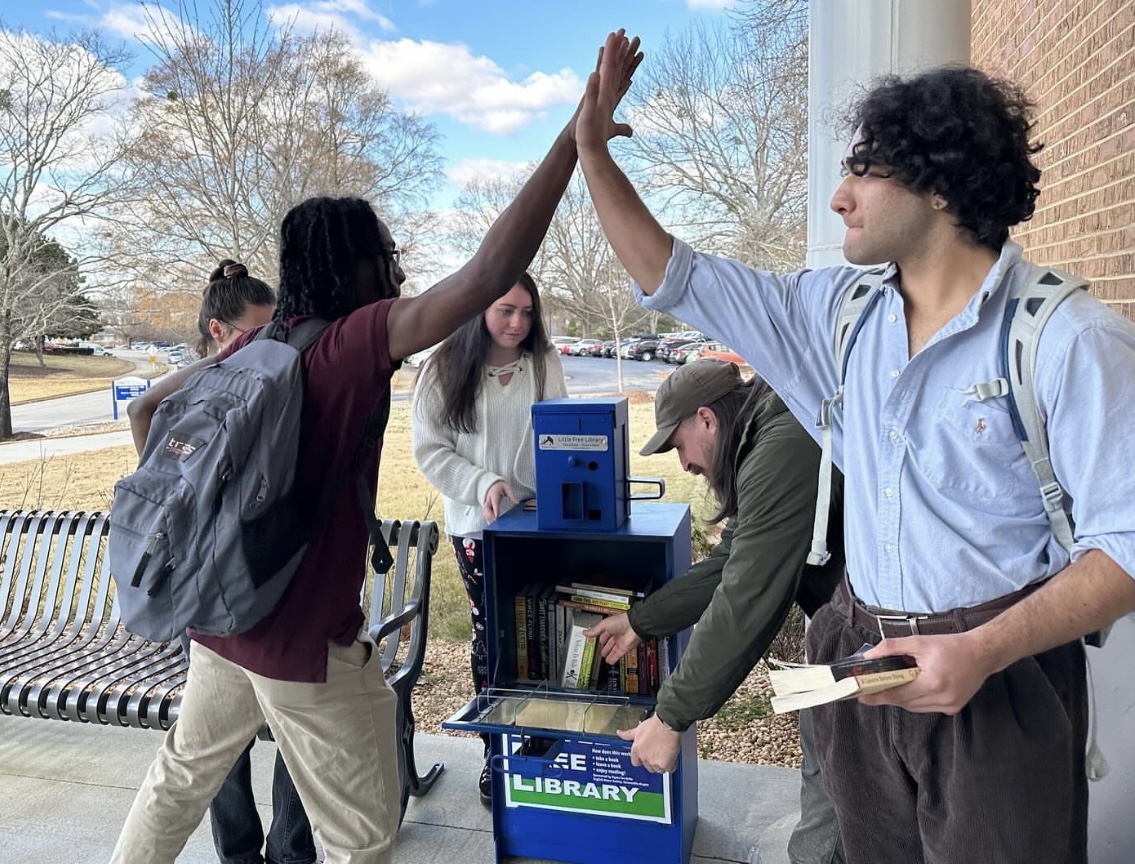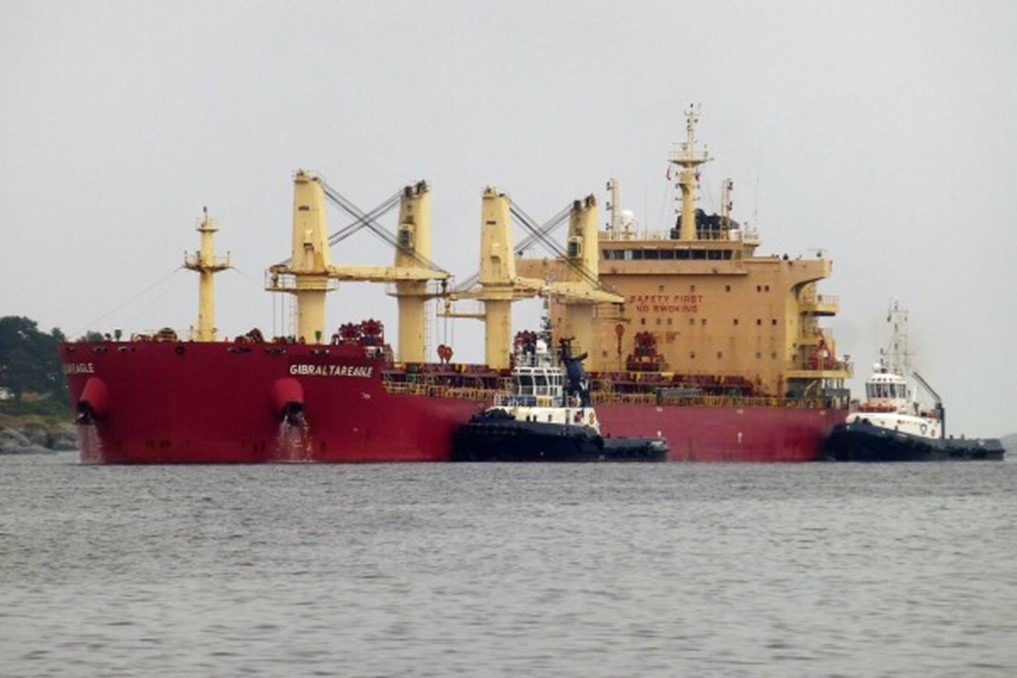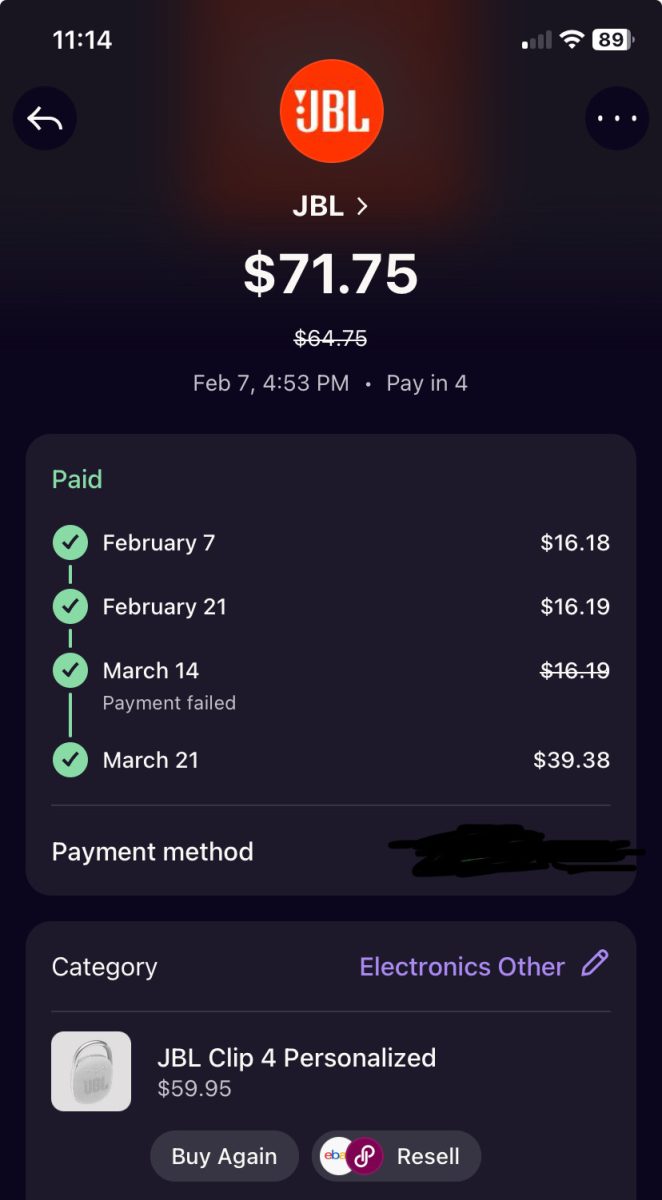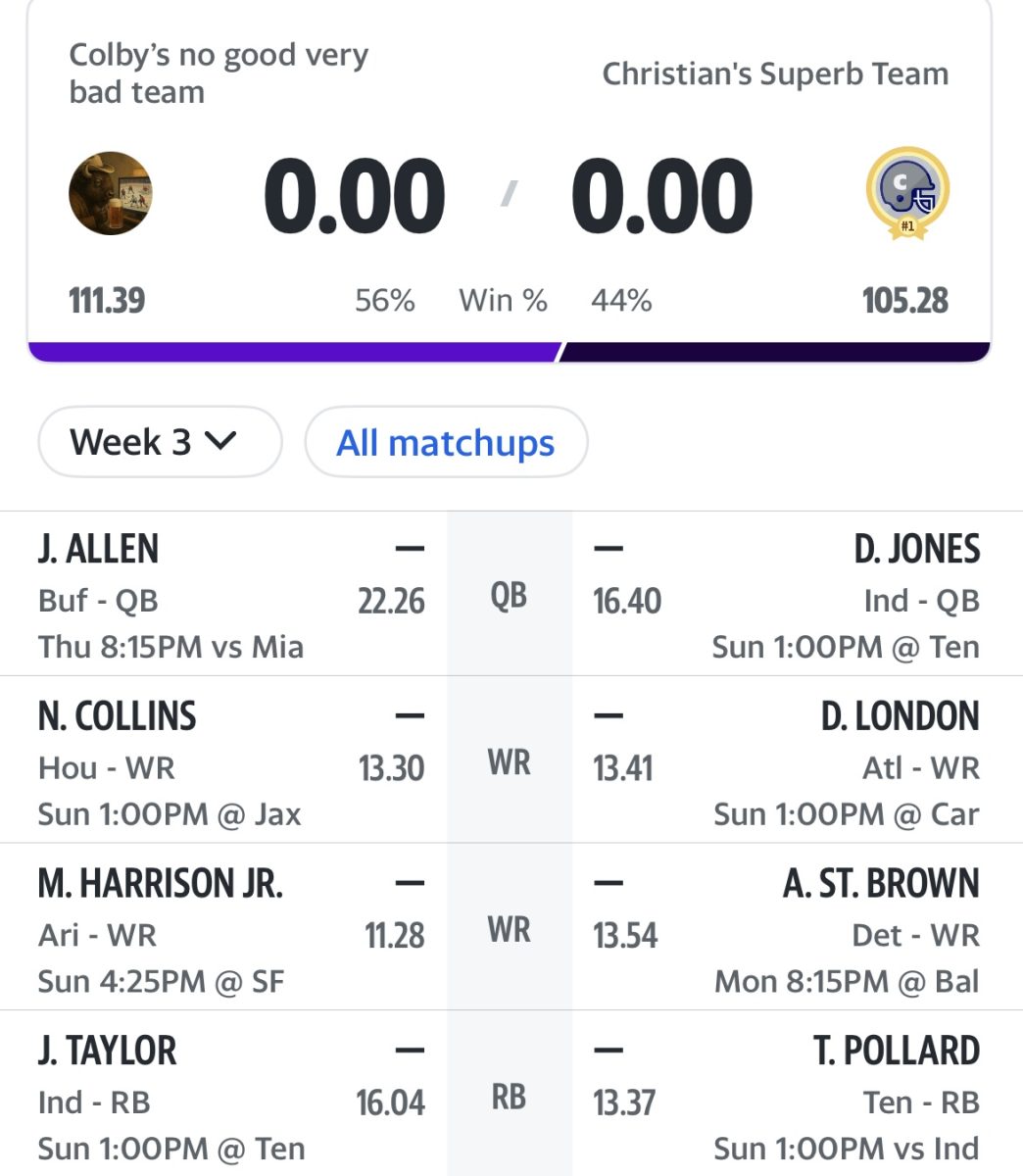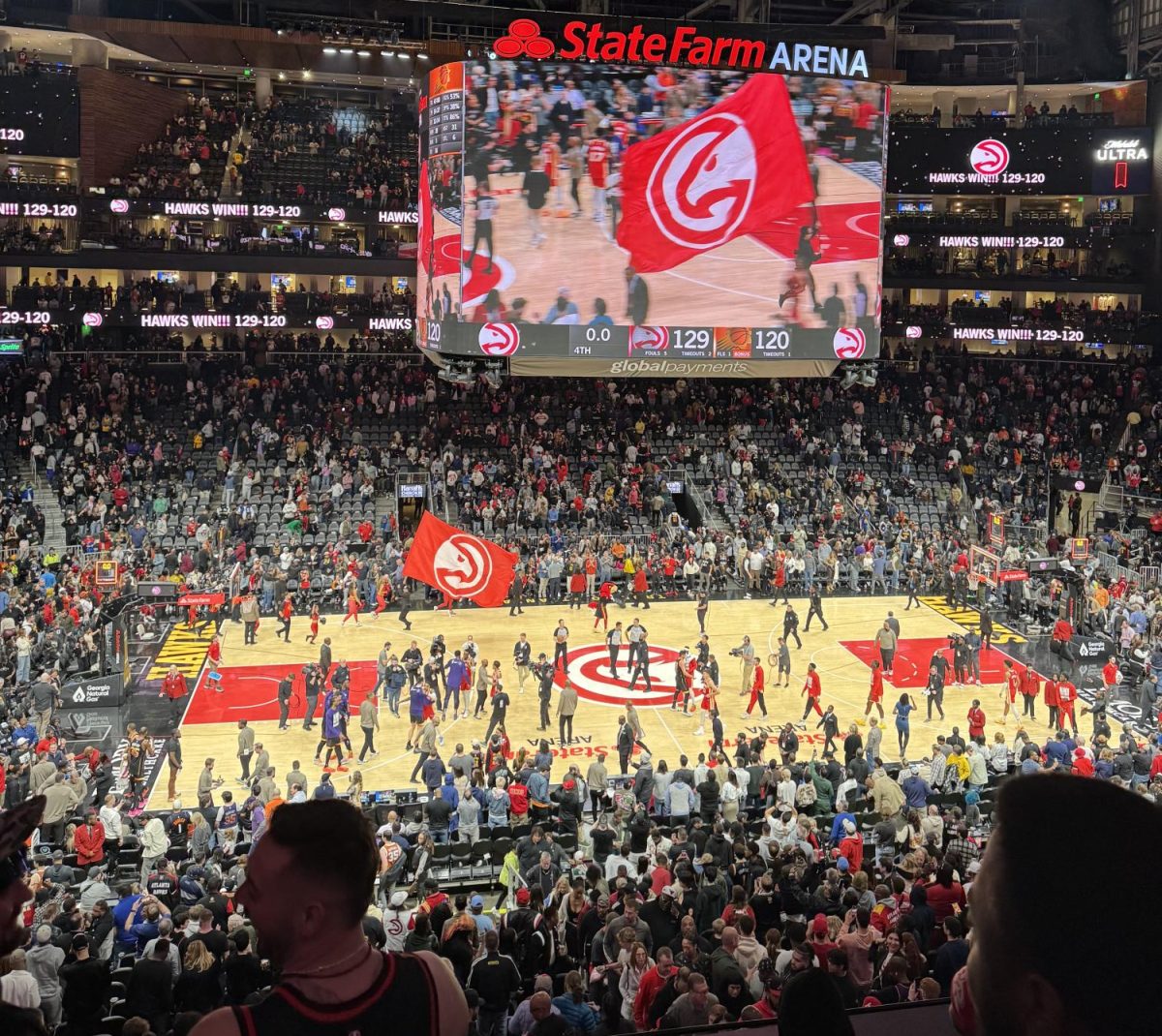On Jan. 17, the Biden administration renamed the Houthi rebels to the list of terror groups following their attempts to hold up the shipping process in the Suez Canal and Bab al-Mandab Strait. The terrorist group has threatened 12% of the world’s shipping at this choke point before the Red Sea.
With so many consumer goods at stake, many are worried that the market could destabilize.
Jonathan Miner, a professor of political science and international affairs at the University of North Georgia, focuses heavily on the Middle Eastern region and foreign policy.
Miner said that ships hoping to avoid hostility will be required to go around Africa, a 40% longer transit. This will obviously cost more money in the long run and these prices, he posited, will likely be passed on to the consumer.
As far as when trade will return to normal, Miner stated that the United States’ first wave of attacks on Jan. 12 only degraded “about 20% of the Houthi’s ability to attack the U.S.”
As of Jan. 30, the U.S. and its allies have launched nine attacks on Houthi-related locations. These attacks, Miner said, are attempting to locate Houthi-controlled launch sites and ammunition while discouraging future retaliation.
The resistance to Houthi hostility is led by Operation Prosperity Guardian. This effort is led by the U.S. and U.K. and participated in by countries as far away from the Middle East as Singapore and Canada.
Another concern that arose from these attacks was whether the Houthi group, in conjunction with conflicts such as the Israel-Hamas war, could spell a region-wide war in the Middle East. Regarding this, Miner said that he doesn’t believe it to be in the interest of either the terrorists or international infrastructure, and thus unlikely to occur.
“It’s always a concern and it’s difficult to know what direction things will move in. I do not think this small-ish conflict with the Houthi rebels will become a larger conflict or combine with what’s going on in Israel-Gaza.”- Jonathan Miner, professor of political science and international affairs with a PhD in international studies
Miner elaborated that, while in the same region, the two events are relatively far away from one another. In addition to this, nearby countries that could have a vested interest in the Red Sea conflict have their own problems.
For example, Miner said that Hezbollah, another prominent terror group and part of the government of Lebanon, is on the verge of economic collapse. Much of the Middle Eastern terror groups are too strained to be able to get involved, and the U.S. population has no appetite for another large-scale Middle Eastern war.
“I don’t think most countries want it to happen including the U.S. It doesn’t benefit anyone besides small terror groups,” Miner explained.
The Houthi terrorists claimed Monday Jan. 29 that they attacked a U.S. Navy mobile base at sea, however their claim has not been substantiated.
The Red Sea blockade reportedly blocks many types of goods, energy among them. Tesla has reportedly halted almost all activity at their Berlin factory due to the blockade. Only time will tell whether the U.S. strikes will have an effect.









